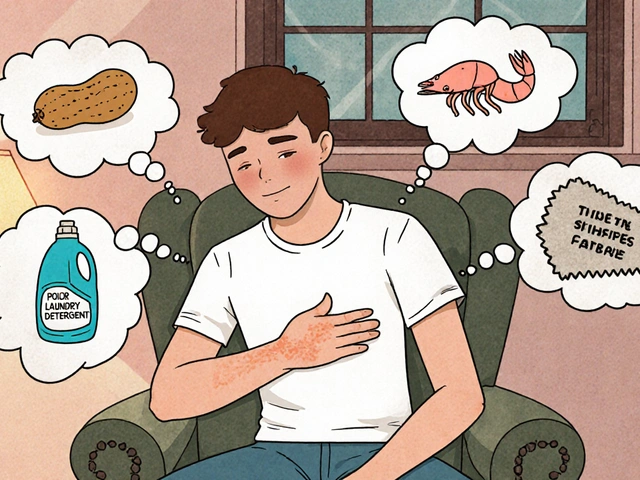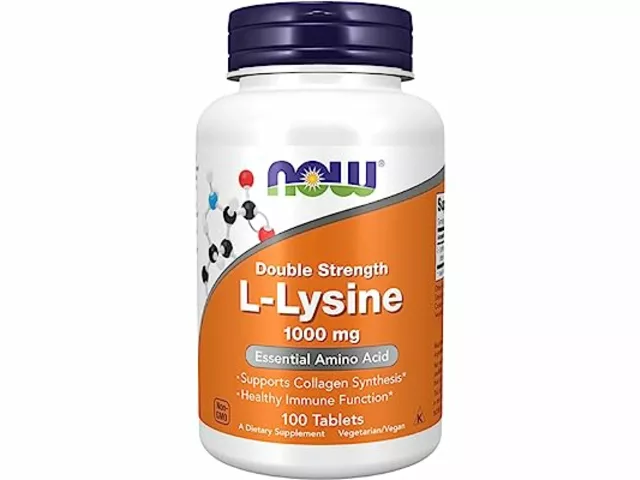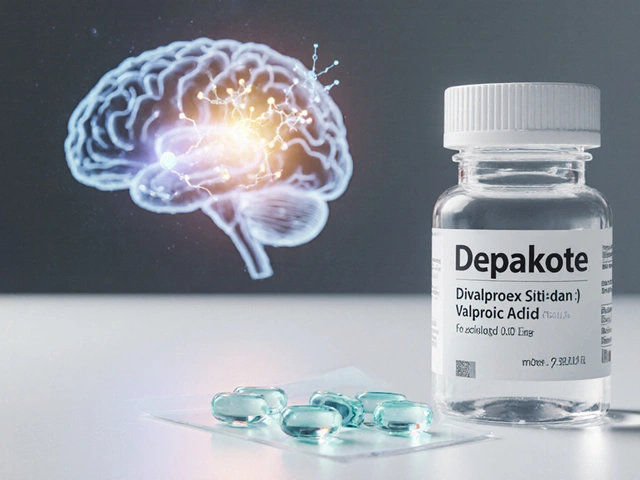Malabsorption – What It Is and How to Fix It
Ever felt unusually tired after a meal or noticed you keep gaining weight despite eating less? That could be your body not soaking up nutrients the right way. This condition is called malabsorption, and it’s more common than you think.
In simple terms, malabsorption means your gut isn’t breaking down food or moving nutrients into the bloodstream efficiently. When this happens, you miss out on vitamins, minerals, proteins, and carbs that your body needs to run smoothly.
What Causes Malabsorption?
There are many reasons your intestines might struggle. Infections like Giardia or a bout of food poisoning can damage the lining temporarily. Chronic conditions such as celiac disease, Crohn’s disease, or ulcerative colitis wear down the gut over time.
Even a small pancreatic insufficiency – when the pancreas doesn’t release enough digestive enzymes – can leave fats and proteins undigested. Some medicines, especially long‑term antibiotics or antacids, can alter the gut flora and make absorption harder.
Age plays a role too. As you get older, the stomach produces less acid, and the tiny finger‑like villi in the small intestine may shrink, both of which reduce nutrient uptake.
How to Manage and Improve Absorption
The first step is to figure out what’s behind your symptoms. A doctor can run stool tests, blood work, or even a breath test to pinpoint the problem. Knowing the cause lets you target treatment directly.
If you have a diagnosed condition like celiac disease, the biggest win is a strict gluten‑free diet. That alone often restores normal absorption within weeks.
For enzyme deficiencies, taking pancreatic enzyme supplements with meals can make a huge difference. They break down fats, proteins, and carbs so your gut can absorb them.
Probiotics and a diet rich in prebiotic fibers (think garlic, onions, bananas) help rebuild healthy gut bacteria. A balanced microbiome supports the lining’s ability to absorb nutrients.Don’t forget about vitamins and minerals. If blood tests show low iron, B12, or vitamin D, a doctor may prescribe high‑dose supplements. Take them with food to boost uptake.
Small, frequent meals can also ease the load on your digestive system. Instead of three big plates, try five to six lighter portions spread through the day.
Stay hydrated. Water helps move food through the intestines and keeps the lining moist, which improves absorption.
Finally, watch out for common culprits like excess alcohol, smoking, and high‑sugar diets. They irritate the gut and can worsen malabsorption.
Getting your gut back on track takes a mix of medical guidance, smart food choices, and a few lifestyle tweaks. Once you start fixing the root cause, you’ll likely feel more energetic, see better skin, and notice that your weight stabilizes.
Remember, malabsorption isn’t a permanent sentence. With the right plan, you can reclaim proper nutrient absorption and feel better every day.

How Atrophic Gastroenteritis Links to Chronic Fatigue Syndrome
Explore the medical link between atrophic gastroenteritis and chronic fatigue syndrome, covering shared mechanisms, evidence, and management tips.
Read More



